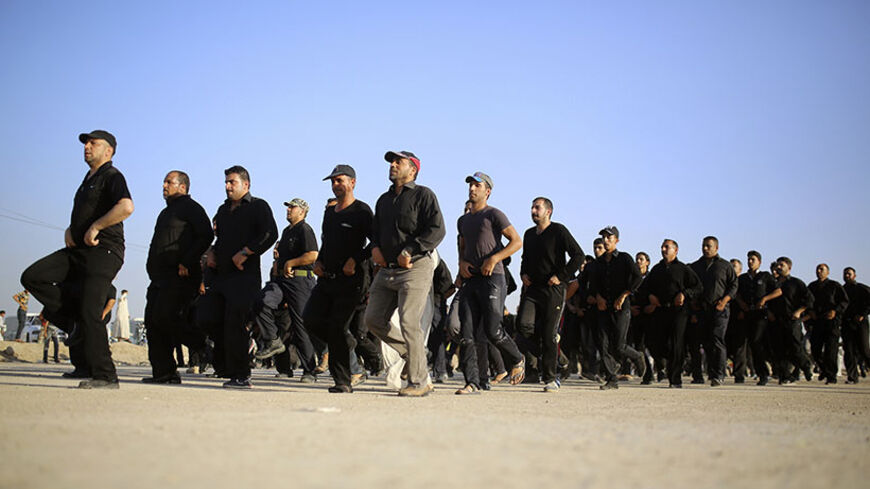The radicalization of Iraqi politics that has contributed to the current crisis in the country can be better understood with an appreciation of the role of Islamic messianism, especially among Iraqi Shiites. This trend may even be more prominent, because if there is a battle for Baghdad, it will be fought along religious and sectarian lines.
The advent of saviors is one of the salient features of all Abrahamic religions, and is an idea that manifested itself differently in all three of those religions: Judaism, Christianity and Islam. This idea grows and evolves throughout history, usually as a result of harsh social and political circumstances that drove people into seeking divine intervention from a heavenly emissary that would restore the tide of history back onto the righteous path.



